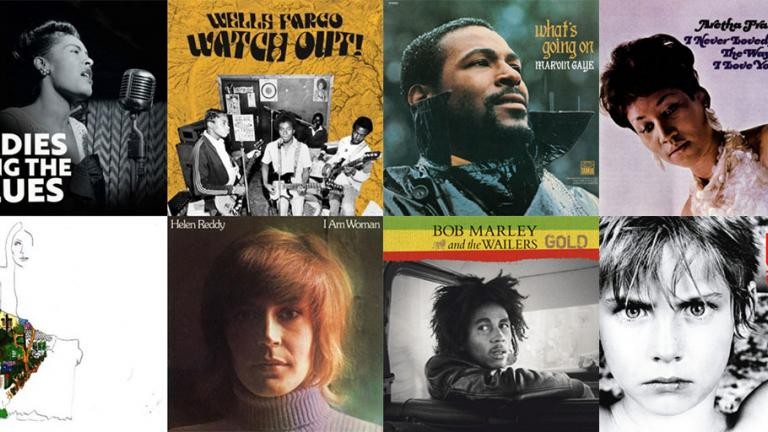
From the civil rights era to modern-day protests, music has served as a powerful vehicle for social change and resistance against oppression. Here's a compelling journey through 50 songs that have shaped movements and challenged the status quo.
The 1960s emerged as a defining decade for protest music. Nina Simone's "Mississippi Goddam" (1964) boldly confronted racism in the American South, while Buffalo Springfield's "For What It's Worth" (1967) captured growing social unrest and paranoia. The Who's "My Generation" became an anthem of youth rebellion against conservative values.
The 1970s saw artists using diverse musical styles to voice dissent. Gil Scott-Heron's "The Revolution Will Not Be Televised" (1971) delivered a powerful critique of media control, while Bob Marley's "Get Up, Stand Up" (1973) rallied against social injustice. The punk movement exploded with The Clash's "White Riot" (1977), addressing class struggles and racial tensions.
The 1980s brought new forms of musical protest. Grandmaster Flash's "The Message" (1982) painted a stark picture of inner-city hardship, while Public Enemy's "Fight the Power" (1989) confronted systemic racism head-on. Tracy Chapman's "Talkin' 'bout a Revolution" (1988) spoke to economic inequality with quiet intensity.
The 1990s saw grunge and alternative artists joining the fight. Rage Against the Machine's "Killing in the Name" (1992) tackled police brutality, while Nirvana's "Territorial Pissings" challenged societal norms and toxic masculinity.
Modern protest songs continue the tradition. Childish Gambino's "This Is America" (2018) offers a complex commentary on violence and racial injustice, while Run The Jewels' "Legend Has It" (2016) confronts contemporary systemic biases.
These songs span genres from folk to hip-hop, punk to metal, each contributing to a rich tapestry of musical resistance. They remind us that art remains a powerful tool for challenging authority, exposing injustice, and inspiring change.
Through lyrics of defiance and melodies of hope, these anthems continue to resonate, providing the soundtrack for ongoing struggles against oppression in its many forms.